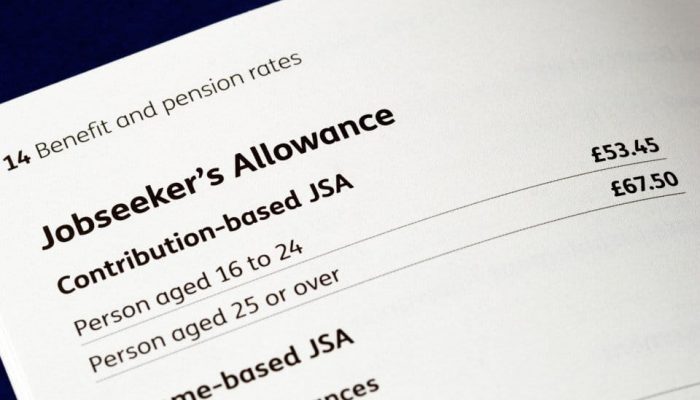While all areas of business are affected by the COVID-19 outbreak, essential services such as courts and tribunals must ensure minimal disruption to the lives of the public. The criminal justice system is an integral part of society, and as a result, has had to adapt and adopt new working methods to continue running.
In coordinating the response to the coronavirus outbreak, the government and the courts and tribunals service has had to consider:
- How best to minimise the impact of the virus on the judiciary, court staff and users of the courts and tribunals service
- How best to ensure that specific sites can remain open or make alternative arrangements for priority and essential services
- How to ensure minimal disruption to non-priority services at this time
How will I know what is happening with a trial I am involved in?
If a case you are involved in is affected by new measures, you will be informed in the usual way – normally by telephone or email.
It is the role of the judiciary to determine whether a hearing will go ahead at this time, and also whether video link or telephone link would be appropriate in the circumstances. The judiciary may also consider adjournment or other alternatives.
The courts and tribunals service, the police, and the prosecution service are working to ensure that witnesses and victims are kept updated on changes to trials and hearings, and provided with adequate support on how they might provide evidence.
What types of hearings will be a priority?
Generally, issues pertaining to deprivation of liberty, the rights of an individual, welfare, and public safety are deemed to be a priority. In the criminal justice system, examples of hearings which will be a priority include all hearings related to bail, detention, and custody, as well as urgent matters such as domestic violence, search warrants and terrorism.
Much of the work relating to these hearings is now carried out remotely. Sentencing hearings, bail applications and extension of custody time limits can now be carried out by video link where possible and appropriate.
JURY TRIALS
No jury trials are taking place at the moment, as it is a priority to keep court staff and users safe from the threat of coronavirus. However, the government, as well as the courts and tribunals service, is continuing to review the situation. Jury summons are still being sent, to ensure that when jury trials start up again, there will be jurors available.
TELEPHONE AND VIDEO HEARINGS
Criminal courts have had video link functionality in place for some time, with vulnerable witnesses and others giving evidence that is either pre-recorded or by video link. The use of video in trials is set out in existing legislation, but new emergency legislation has extended the circumstances under which video or audio technology may be used in trials.
Where possible, hearings will be conducted via video link and the courts are increasing capacity for such hearings on an ongoing basis. At present, it is not feasible for jury trials to be conducted via video link while ensuring adequate access to justice.
MEDIA AND PUBLIC ACCESS TO COURT HEARINGS
It is important that the media still have access to court hearings, and that the public can view trials in some way. Journalists and media representatives may still attend court proceedings where it is safe to do so. Channels will also be available for the media and the public to view virtual court hearings.
Observing strict social distancing in Scottish courts
In Scottish Courts, conducting only priority and emergency business has greatly reduced the number of the judiciary, staff members and court users in court premises. In court buildings, strict social distancing measures are in place, with those attending court buildings being encouraged to “take personal responsibility for social distancing. Protect your personal space and respect others’ personal space”.
Video criminal custody hearings now take place by video links to police stations, and SCTS, COPFS and the Law Society are working in collaboration to enable all hearings to proceed by telephone or video link.
Over the Easter period, all ten of Scotland’s Sheriff Courts dealt with custody hearings. The digital team also worked to set up remote devices in the homes of judges and to configure new ways of remote working.
SCTS Chief Executive Eric McQueen, said:
“The Faculty of Advocates and the Law Society are rightly both challenging and collaborative in helping to find solutions. The measures we are putting in place this week are a big step forward, however, while we remain in lock down, any steps must be proportionate to the requirement to protect public health.”
Contact our Criminal Lawyers in Glasgow
For further advice and support in relation to attending court, or any other criminal law query, contact us today on 0141 378 2560
This guide does not constitute legal advice and is provided for general information purposes only. If you require specific legal advice you should contact one of our lawyers who can advise you based on your own circumstances.
Please note this information is accurate as of 01/05/2020 and is subject to change as official guidance is adapted to reflect the implications of the virus.

